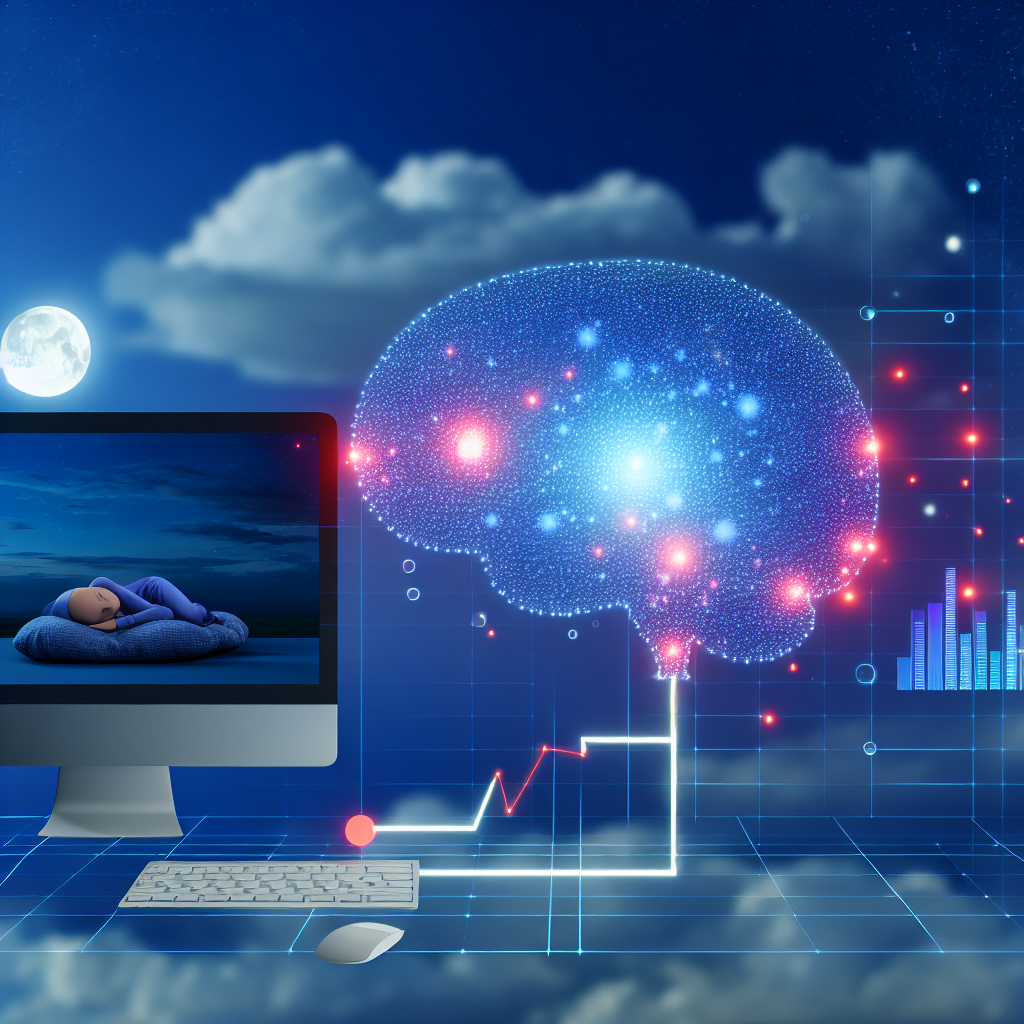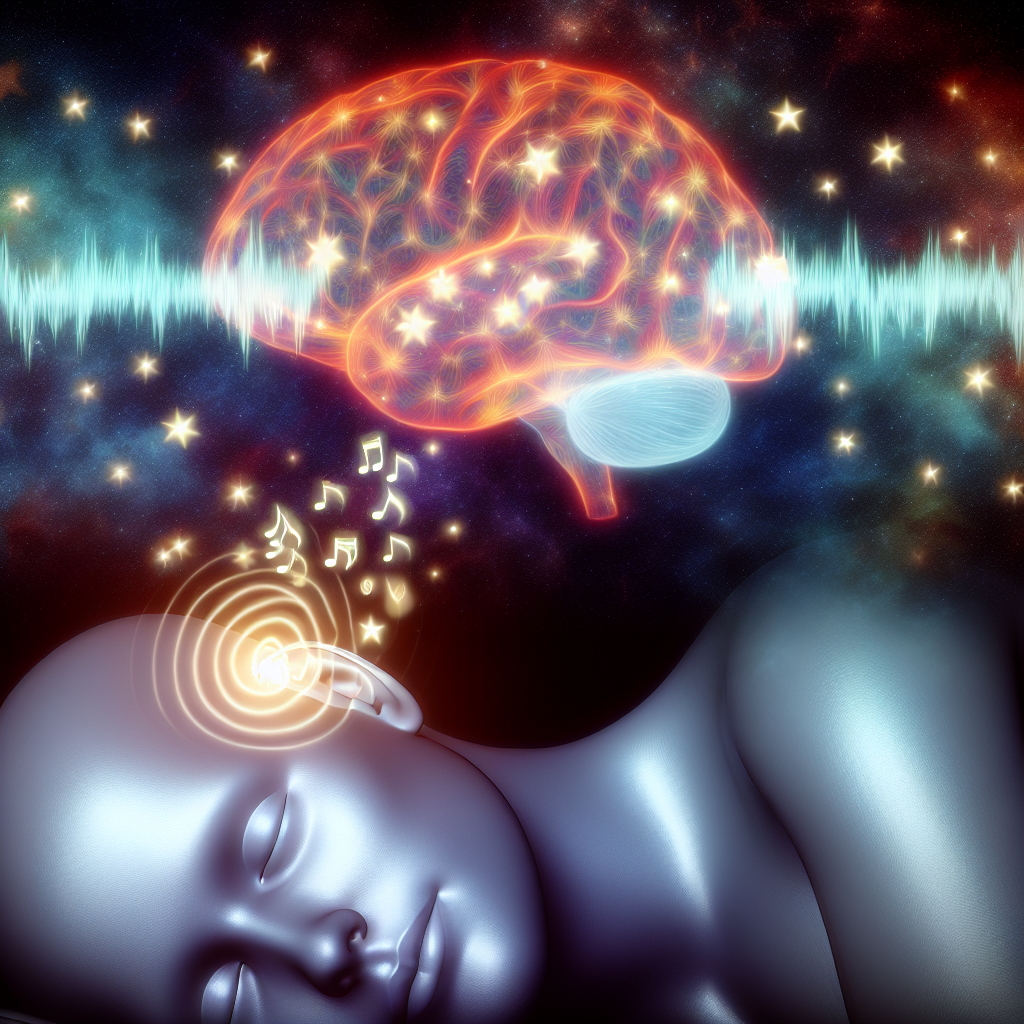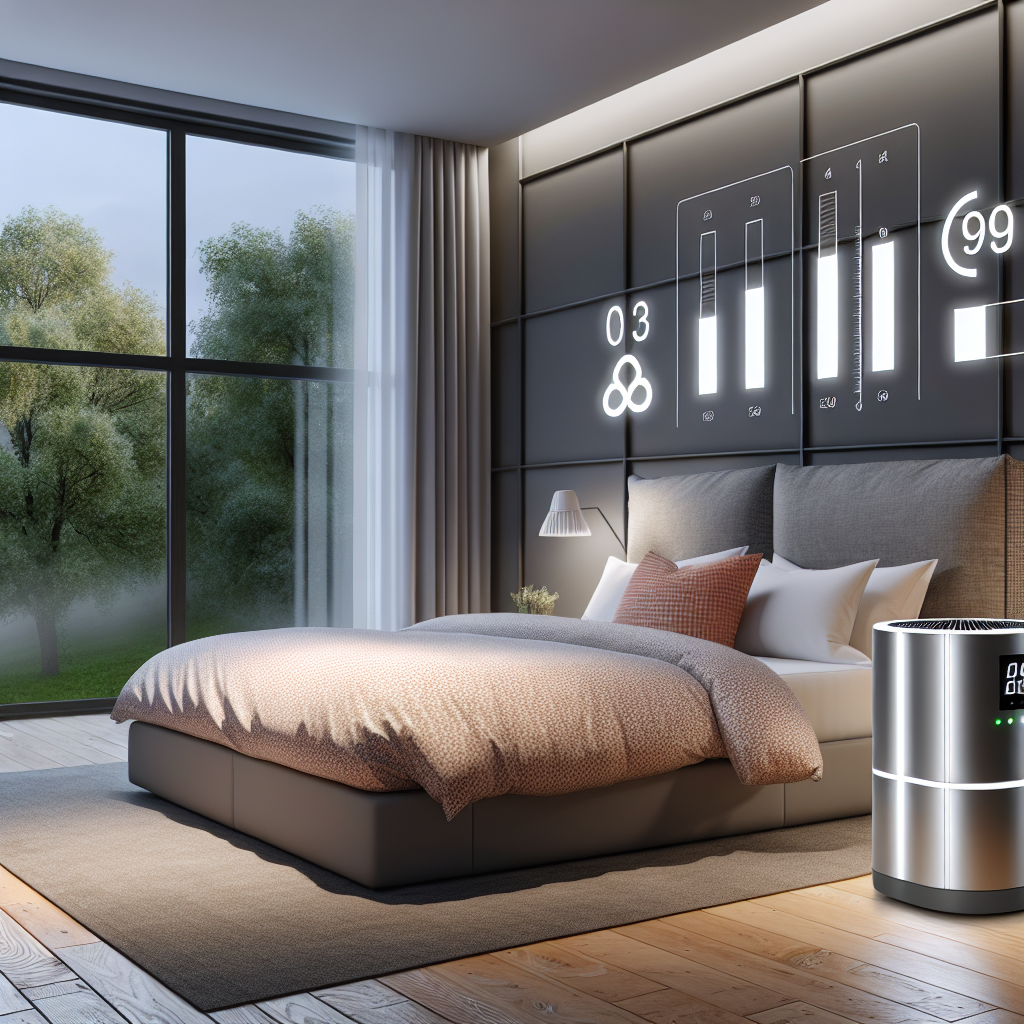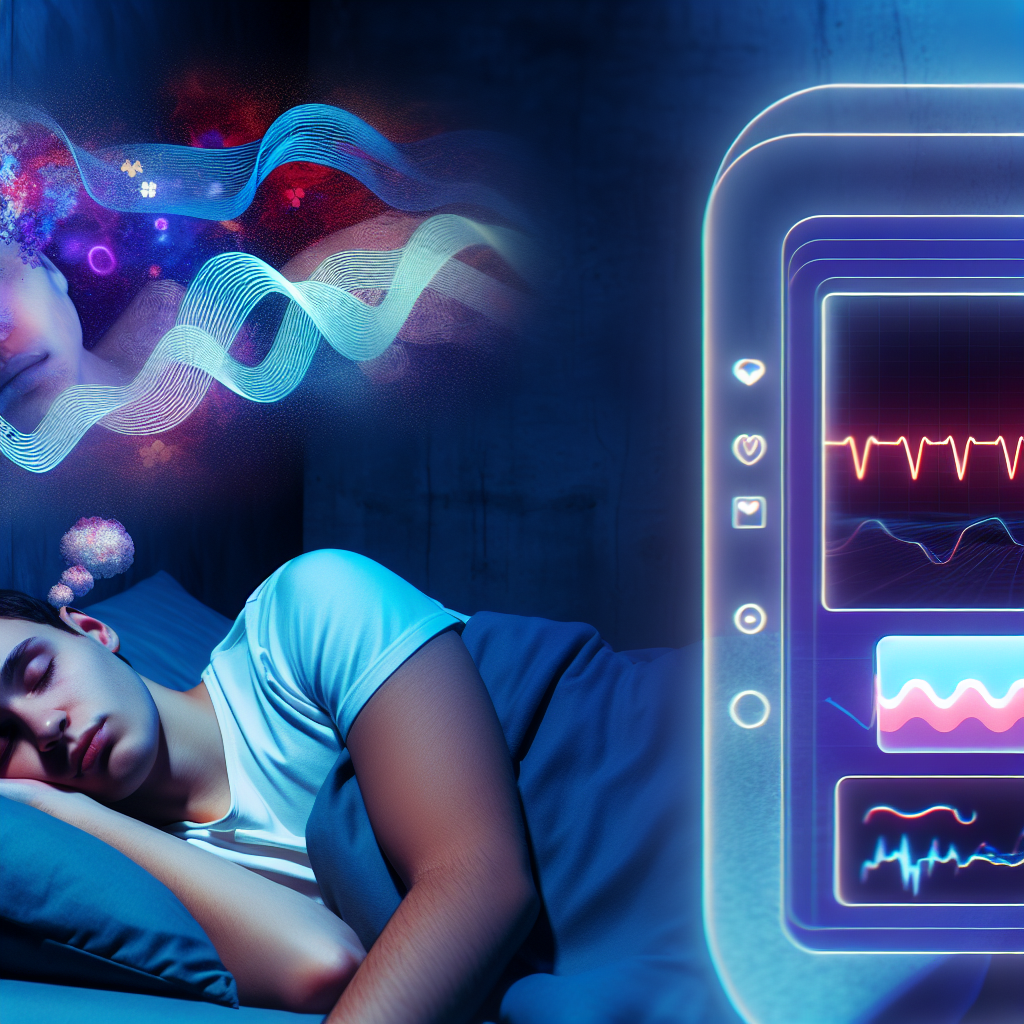AI Sleep Coaching Platforms: Revolutionizing Sleep Health with Technology
Introduction
Sleep is an essential pillar of health, influencing physical, emotional, and cognitive well-being. Despite its importance, millions of people worldwide struggle with sleep-related issues, including insomnia, sleep apnea, and irregular sleep patterns. In response to this growing problem, artificial intelligence (AI) has emerged as a revolutionary tool to support individuals in achieving better sleep health. AI-powered sleep coaching platforms provide personalized insights, recommendations, and real-time tracking, making them an accessible and effective resource for improving sleep quality.
Traditional sleep coaching methods, such as consultations with sleep specialists or behavioral therapy, can be expensive and time-consuming. AI addresses these barriers by offering affordable, 24/7 support through mobile applications, wearable technology, and smart home devices. These platforms analyze sleep patterns, detect disruptions, and generate tailored improvement plans, allowing users to take a proactive approach to their sleep health.
With advancements in machine learning and big data analytics, AI can now assess sleep quality by processing physiological signals, including heart rate variability, respiratory patterns, and sleep cycles. Many AI sleep coaching apps integrate with wearables such as smartwatches, fitness trackers, or even smart beds, which collect sleep data in real time. AI algorithms then analyze this data to provide actionable guidance on optimizing sleep habits, from adjusting bedtime routines to managing stress and improving sleep hygiene.
Moreover, AI-driven sleep coaching platforms often incorporate cognitive behavioral therapy for insomnia (CBT-I), a gold-standard treatment for chronic sleep disturbances. By leveraging AI for this purpose, users receive automated coaching based on their unique sleep challenges, helping them change negative sleep behaviors and establish healthier patterns. Some AI platforms also include features like sleep soundscapes, guided meditation, and sleep-tracking dashboards to offer a comprehensive sleep improvement experience.
As the AI sleep technology landscape continues to evolve, understanding the benefits and limitations of these platforms is crucial. This article delves into the features of AI sleep coaching platforms, their effectiveness backed by scientific studies, and their potential to revolutionize sleep health for all ages.
The Cutting-Edge Features of AI Sleep Coaching Platforms
The effectiveness of AI-powered sleep coaching platforms is supported by growing research in sleep medicine and artificial intelligence. Some key features of these platforms include sleep tracking, personalized recommendations, behavioral therapy integration, and sleep environment optimization.
1. Accurate Sleep Tracking Powered by AI
AI sleep platforms rely heavily on sleep tracking technology, which is validated by studies demonstrating its accuracy. Wearable devices such as smartwatches and smart rings use sensors to measure heart rate, movement, and oxygen saturation to assess users’ sleep stages.
A study published in Nature and Science of Sleep in 2022 found that wearable sleep-tracking technology provides reliable estimates of sleep duration and efficiency, making it a valuable tool for individuals seeking to improve their sleep habits [(Lemola et al., 2022)](https://www.ncbi.nlm.nih.gov/pmc/articles/PMC9249685/).
Using machine learning, AI platforms analyze large datasets of sleep metrics to identify trends, disturbances, and patterns. For example, AI can detect sleep interruptions caused by environmental noise, stress, or other factors and offer tailored solutions to mitigate these disturbances.
2. AI-Generated Personalized Sleep Recommendations
One of the most compelling aspects of AI-driven sleep coaching is its ability to provide customized guidance. AI algorithms generate personalized recommendations based on a user’s sleep data, daily activities, and health conditions. These recommendations may include adjustments to sleep schedules, bedtime routines, and relaxation techniques backed by scientific evidence.
For instance, a study published in Digital Health explored how AI-based interventions can enhance sleep hygiene by providing personalized feedback. The study found that users who followed AI-generated advice showed significant improvements in sleep quality and duration compared to those using non-AI methods [(O’Callaghan et al., 2021)](https://journals.sagepub.com/doi/full/10.1177/20552076211033558).
3. AI-Driven Cognitive Behavioral Therapy for Insomnia (CBT-I)
CBT-I is considered the most effective non-pharmacological treatment for chronic insomnia. AI-powered sleep coaching platforms increasingly incorporate automated CBT-I strategies, helping users reframe negative thoughts about sleep, implement relaxation techniques, and establish better bedtime routines.
A randomized controlled trial published in JAMA Psychiatry demonstrated that digital CBT-I programs significantly reduced insomnia severity and improved sleep outcomes [(Zachariae et al., 2016)](https://jamanetwork.com/journals/jamapsychiatry/fullarticle/2604489). AI-driven CBT-I applications provide similar techniques, offering accessibility and convenience for those unable to access in-person therapy.
4. Smart Sleep Environment Optimization
Another advantage of AI sleep coaching platforms is their ability to optimize the sleep environment. Many AI-driven applications integrate with smart home devices, such as smart lights, white noise machines, and temperature-regulating mattresses. AI adjusts these elements to create the ideal sleep setting based on an individual’s preferences and sleep patterns.
A study from Sleep Health found that environmental adjustments, like reducing noise levels and controlling bedroom temperature, can have a profound effect on sleep quality [(Riemann et al., 2020)](https://www.sciencedirect.com/science/article/abs/pii/S2352721820300029). AI-driven platforms use this knowledge to recommend personalized changes, ensuring that users develop a sleep environment conducive to restfulness.
Conclusion: The Future of AI in Sleep Improvement
AI-powered sleep coaching platforms have revolutionized how individuals address and manage sleep health. By combining advanced sleep tracking, personalized recommendations, behavioral therapy integration, and sleep environment optimization, these platforms offer effective solutions tailored to individual needs. Scientific research supports the effectiveness of AI-driven approaches, showing that they can significantly improve sleep quality, especially for those struggling with chronic sleep disorders like insomnia.
As AI technology continues to evolve, these platforms are increasingly able to refine and enhance their personalized coaching methods. By leveraging real-time data analysis, intelligent feedback, and proven sleep therapy techniques, AI sleep coaching platforms provide individuals of all ages with accessible, evidence-based strategies for better rest. While further research is needed to refine AI sleep algorithms, current findings suggest that AI-driven sleep interventions can serve as a valuable tool in the pursuit of optimal sleep health.
Summary:
AI-powered sleep coaching platforms revolutionize sleep health by providing personalized insights, recommendations, and real-time tracking. Backed by scientific research, these platforms leverage advanced features like accurate sleep tracking, AI-generated personalized recommendations, cognitive behavioral therapy integration, and smart sleep environment optimization to help individuals improve their sleep quality and overcome chronic sleep disorders like insomnia. As AI technology continues to evolve, these platforms are poised to become an increasingly valuable resource in the pursuit of optimal sleep health.

Dominic E. is a passionate filmmaker navigating the exciting intersection of art and science. By day, he delves into the complexities of the human body as a full-time medical writer, meticulously translating intricate medical concepts into accessible and engaging narratives. By night, he explores the boundless realm of cinematic storytelling, crafting narratives that evoke emotion and challenge perspectives.
Film Student and Full-time Medical Writer for ContentVendor.com




